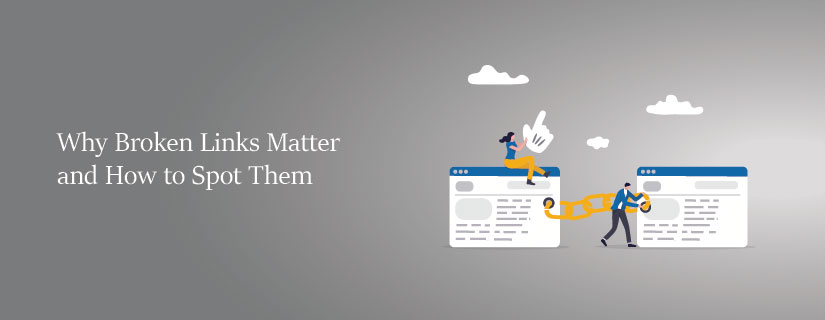- /
- Blog
- /
- The Role of CDN...
The Role of CDN in Modern
Digital Experiences
The Role of CDN in Modern Digital Experiences
The internet is now a core part of our lives, whether in entertainment or business. In today’s world, users require instant access to content with the least possible wait time. A website or video that takes too much time to load can agitate users and make them want to leave. Research indicates that even a one second delay can lead to decreased engagement and lower conversions. Here is where Content Delivery Networks step in. CDNs lock in efficient web content delivery, performing it quickly and securely. They optimize performance and increase security while making the overall experience seamless for all users globally.
What is a CDN?
A CDN, or Content Delivery Network, is a network that consists of multiple servers placed across specific geographical areas. This setup allows users to obtain content with greater ease. Rather than depending on one origin server, a CDN caches content and serves it from edge servers. This minimizes the distance between the data source and the user. Consequently, this enhances the load times and performance of websites.
How CDNs Work Overall
A CDN stores cached copies of a website’s content, such as images, videos, HTML pages, and even JavaScript files in multiple data centers across the globe. The edge server closest to the user’s location is where their request is then sent. This alters the previous host server’s direction and results in less latency, improved site dependability, and less bandwidth usage.
Key Components of CDN:
- Edge Servers – A type of server which now cache and serves the content to users instead of the Origin server.
- Origin Server – By far the single server that hosts the website data.
- Caching Mechanism – Keeping a copy of content that is requested most of the time so that it can be served easily.
- Load Balancing – Moderates the users’ requests across many servers and helps in maintaining uptime and minimizes server overload.
- DDoS Protection – Helping the elimination or control of the damage of digital attacks through the security features within CDNs.
Pros of Using a CDN.
1 . Better Website Speed : Users benefit from improved user experience and lower bounce rates because CDNs server content from the closest server. The website speed contributes to better SEO rankings and improves visibility on search engines. With faster websites, businesses utilizing CDNs are able to engage more visitors and increase conversion rates effortlessly.
2 . Less Server Load & Bandwidth Expenses : By caching dynamic and static content, CDN enabled websites lessen the strain on origin servers and website owners save on bandwidth costs. Website owners are able to optimize server resource usage and the business can now utilize improved performance with high traffic volume. Thus, companies are able to maintain an optimal user experience while saving on hosting fees.
3 . Better Security : Protection from cyber threats such as SSL encryption, DDoS mitigation, and Web Application Firewalls (WAF) helps keep websites safer from potential malicious attacks. These measures invariably adds the integrity of the sensitive data, and helps cyber criminals be able to sabotage. Further, CDN’s assist in preventing malicious attacks that would disrupt the availability of the websites and damage brand reputation.
4 . Enhanced Scalability and Uptime : Web traffic is well managed with the help of CDNs, which allows for maximum uptime during peak traffic periods. That’s particularly useful for companies facing seasonal increases, for instance, e-commerce stores during sales. With a CDN, website uptime is guaranteed because performance does not degrade along with high increases in traffic.
5 . Performance Optimization and Global Reach : Globally positioned CDN servers enable any business to deliver fast loading content regardless of the user’s geographical location. That can heavily benefit global companies looking to deliver a consistent user experience in different regions. Apart from that, CDN’s efficient optimization of media delivery guarantees remarkable smooth streaming and quick downloads for users from abroad.
Who Uses CDNs?
E-commerce businesses to technological tycoons, and everyone in between they’re used by people from different industries. Why they are so common is easy to see:
Want to maximize your marketing ROI? Our audit & consulting services help identify what’s working and what’s not.
- E-commerce Platforms
- Streaming Services
- News Websites
- Gaming Companies
- Cloud-based applications
CDN’s are extremely useful because they allow reliable and fast delivery of content of the user’s choice. Businesses that use CDNs have lower burden on their servers and more speed as well as improved user experience. As digital needs continue to grow, CDN’s contribution for effective online operations makes them vital in the future. CDNs have become a part of every business’ digital infrastructure because in today’s world, speed and performance are extremely important. CDNs make it easy to stay competitive in the digital world and are now a requirement rather than an option.
Share this Article On:
Recent Updates
- 12 February 2025
- 12 February 2025
- 12 February 2025
- 12 February 2025
- 12 February 2025
- 12 February 2025
Have a Question?
If you cannot find answers to your queries, please fill out the enquiry form. We will contact you shortly.








